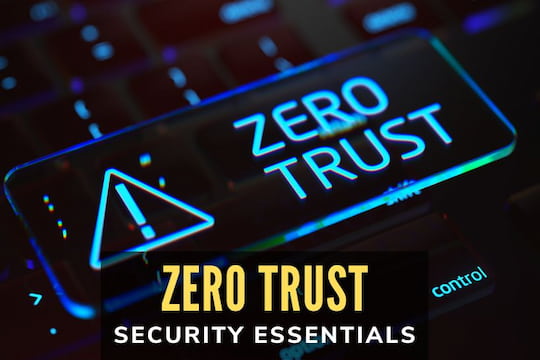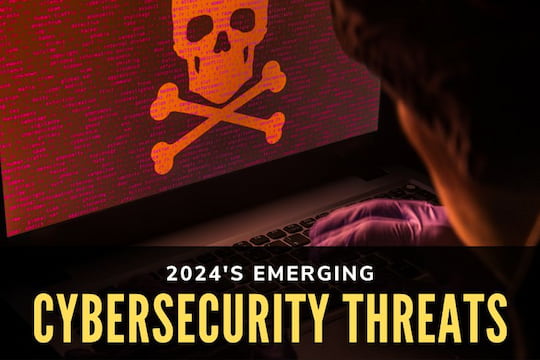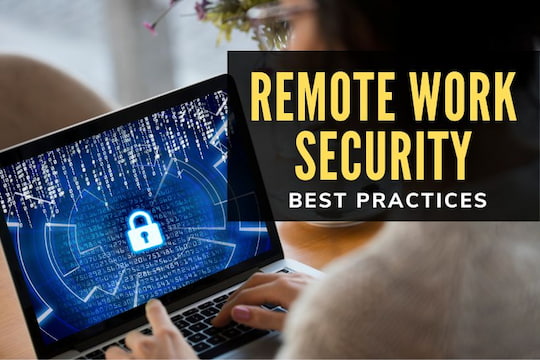While the internet has proven to be an incredible piece of technology in our daily life, it can also be the site of cyber attacks. Unfortunately, it is possible for hackers to enter into secure networks, steal information, and even commit cyber crimes. Businesses are often the primary victims as they have valuable information such as the identities of employees, including social security numbers. In fact, according to Symantec/NCSA research from their most recent study, cyber attacks have cost small and medium-sized businesses over $180,000 in damages, and almost 2/3 of these victimized companies have been forced to go out of business because of their losses. While companies need to be protected, home networks need to be protected as well. Often, because people might not think that home networks are targets for cyber attacks, not enough security goes into keeping their network safe and secure. Here are some steps on how to protect your home and business networks from cyber attacks.
One of the most important and most natural things to do to secure your home network is to secure your wireless router. To do this, change the name of your router from the default ID that your service provider gives to you. Make it something unique that won’t be easily guessed. Then, change the pre-set password that was initially put on your router. Your new password should be a mix of numbers, symbols, and letters. Routers have different levels of security so, if possible, opt for the more secure ones. The WPA2 or the WPA is more secure than the WEP option. If you have many guests, it may be a good idea to set up a guest network with its guest password, so your password is not given out. Finally, be sure to create a firewall. This will prevent hackers from using your computer to send out any personal information to other locations without your permission.
To help secure your business, be sure to encrypt all data. Companies to store valuable information such as credit card accounts, bank routing digits, and employee social security numbers. This valuable information should be encrypted so that hackers can’t get to it. Another option that not many businesses consider is to secure your hardware physically. Often, burglars break into a business and steal electronic equipment, which they then proceed to hack into. Physically locking computers to a desk will make it much harder for a burglar to get away with your computers. You can also consider getting tracking software so that if your computers do get stolen, you will be able to track down where it is. Spending some extra time following these steps will make personal information less likely to be taken, and prevent cyber attacks.



























